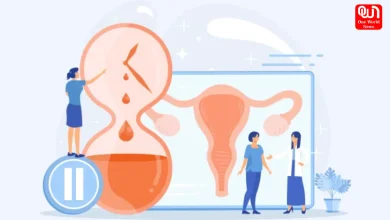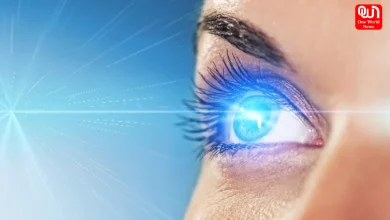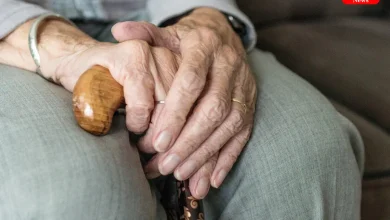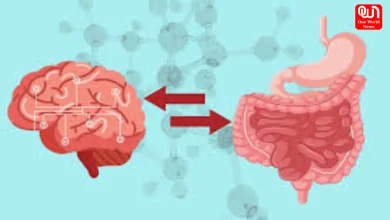Do Men Get Menopause: A Closer Look At It And Its Impact On Men’s Health
Do Men Get Menopause? Curious? Discover the facts about andropause, its symptoms, and how it affects men's well-being in this insightful article.
Understanding the Truth Behind ‘Do Men Get Menopause’ and Its Effects on Male Hormonal Balance
When we hear the word “menopause,” we often associate it with women and the significant changes they experience as they age. But have you ever wondered, “Do men get menopause too?” Contrary to popular belief, men do undergo a similar phase known as andropause. In this article, we will explore the concept of male menopause, commonly referred to as andropause, and delve into its effects on men’s health.
What is Andropause?
Andropause is a natural, age-related decline in testosterone levels in men. While not all men will experience andropause, it usually occurs in middle-aged men, typically between the ages of 40 and 60. Unlike menopause in women, which is characterised by the cessation of menstruation, andropause is a more gradual process that affects hormone levels.
View this post on Instagram
Symptoms of Andropause:
Men experiencing andropause may notice a range of physical, psychological, and sexual symptoms. These may include fatigue, decreased energy levels, mood swings, irritability, reduced muscle mass, increased body fat, hot flashes, decreased libido, and erectile dysfunction. While these symptoms may vary from person to person, they can significantly impact a man’s overall well-being and quality of life.
Read more: Scalp Conditions: Pictures, Causes, and Treatments
View this post on Instagram
Hormonal Changes:
The primary hormone affected during andropause is testosterone. Testosterone plays a crucial role in maintaining various bodily functions, including muscle strength, bone density, and sexual function. As men age, their testosterone production gradually declines, leading to the symptoms associated with andropause. However, it’s important to note that testosterone decline is a natural part of ageing and not a medical condition in itself.
View this post on Instagram
Health Implications:
Andropause not only affects a man’s physical and sexual well-being but can also have broader health implications. Low testosterone levels have been linked to an increased risk of cardiovascular disease, osteoporosis, diabetes, and depression. Therefore, understanding and managing the symptoms of andropause is vital for maintaining optimal health and well-being in men as they age.
Managing Andropause:
If you suspect you may be experiencing andropause, it is essential to consult a healthcare professional who can provide a proper diagnosis and guidance. While there is no cure for andropause, certain lifestyle changes and medical interventions can help manage its symptoms. These may include regular exercise, a balanced diet, stress reduction techniques, hormone replacement therapy (HRT), and psychological support.
Read more:- 6 Easy & Effective Ways Men Boost Fertility Naturally
Breaking the Stigma:
One significant challenge surrounding male menopause is the lack of awareness and social stigma associated with it. Men often feel reluctant to discuss their symptoms, which can lead to feelings of isolation and frustration. Breaking the stigma around andropause and encouraging open conversations about men’s health is crucial to ensure that men receive the support and resources they need during this transitional phase.
Final take:
So, do men get menopause? While men do not experience menopause in the same way as women, they do go through a similar transitional phase called andropause. Understanding andropause and its effects on men’s health is vital for promoting overall well-being and quality of life. By raising awareness, encouraging discussions, and seeking appropriate medical support, men can navigate through andropause with greater ease, ensuring a healthier and happier journey as they age.
Like this post?
Register at One World News to never miss out on videos, celeb interviews, and best reads.








